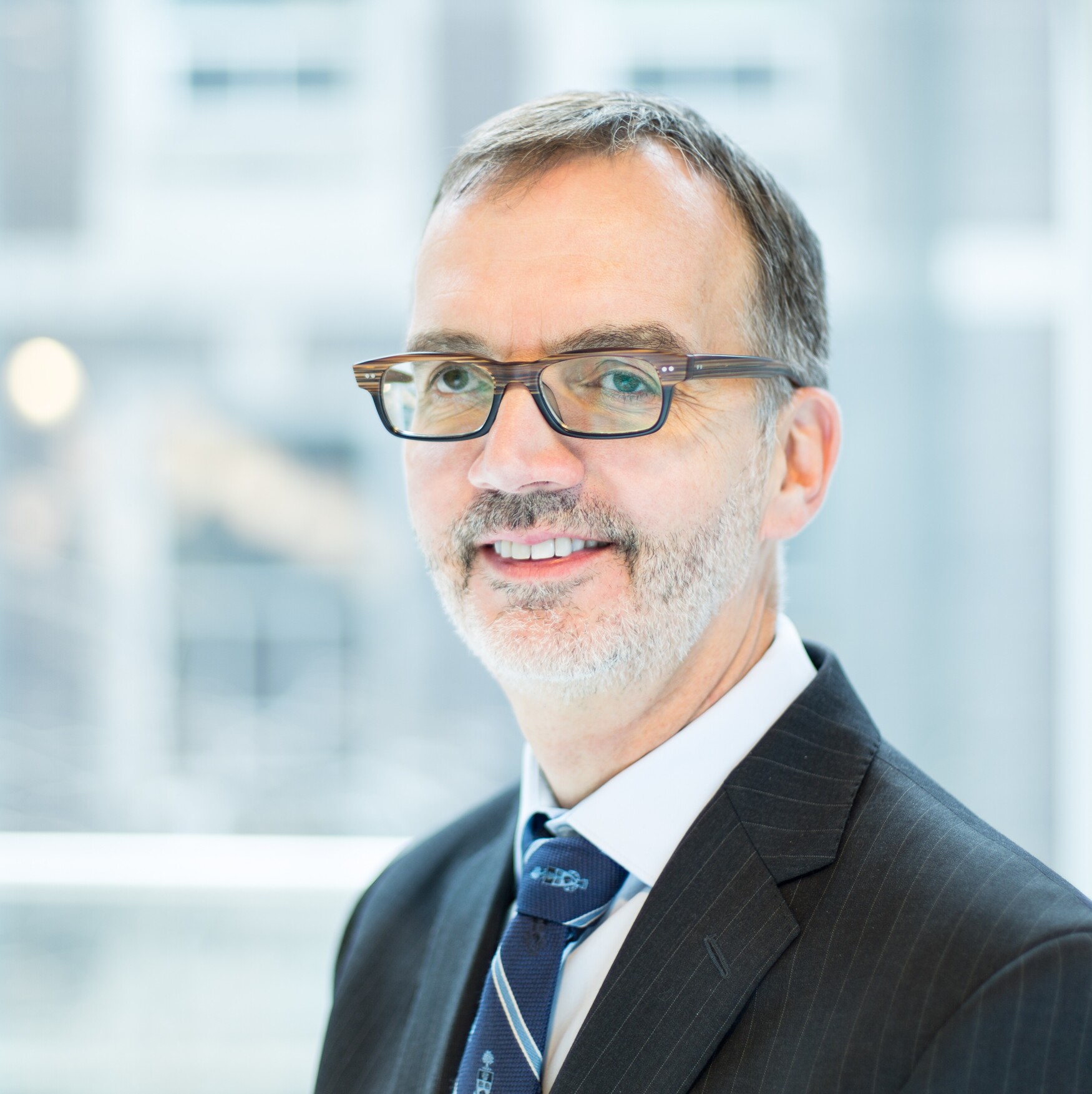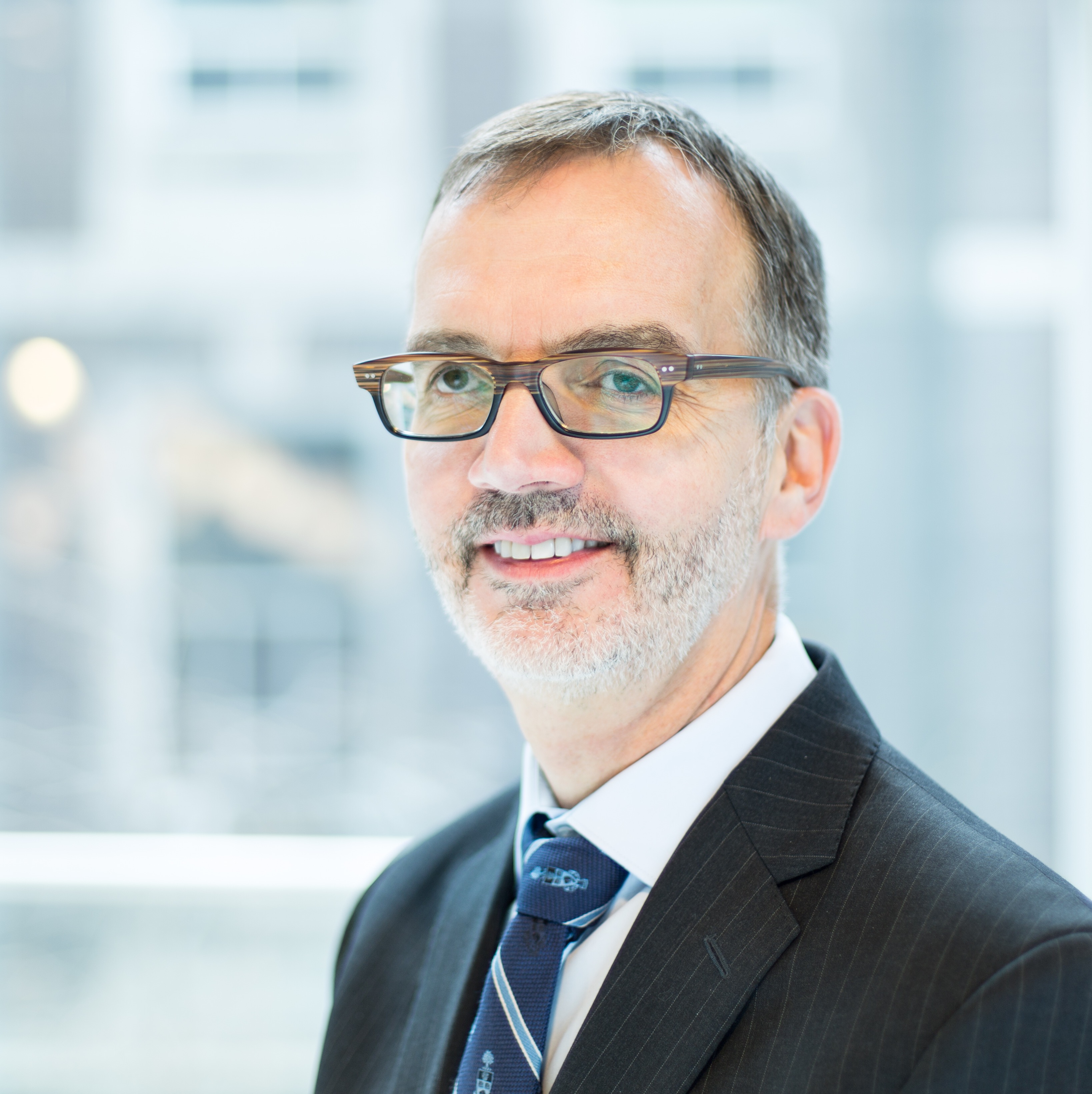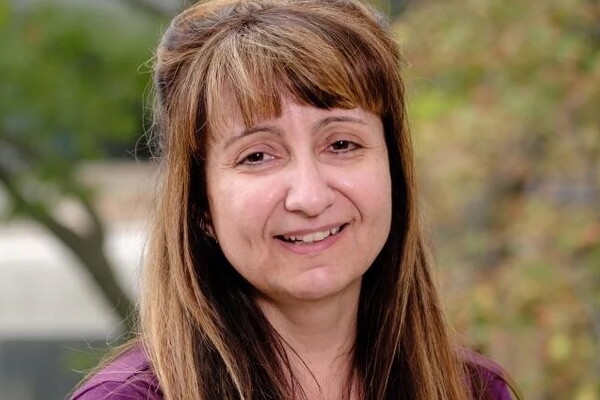Mobile Menu
- Education
- Research
-
Students
- High School Outreach
- Undergraduate & Beyond: Community of Support
- Current Students
- Faculty & Staff
- Alumni
- News & Events
- Giving
- About

 We all know the perils surrounding medical education. The academic bar is not only set high for entry; once over the bar, the learning curve is steep and expectations remain high. As you’ve read in this space previously, the Faculty of Medicine is investing on a number of fronts to support — and diversify — our spectrum of learners as we redesign medical education for the 21st century and we do so in the face of increasingly complex patient populations.
We all know the perils surrounding medical education. The academic bar is not only set high for entry; once over the bar, the learning curve is steep and expectations remain high. As you’ve read in this space previously, the Faculty of Medicine is investing on a number of fronts to support — and diversify — our spectrum of learners as we redesign medical education for the 21st century and we do so in the face of increasingly complex patient populations.
What does this seismic shift mean for our clinical faculty? It’s demanding work, to be sure, and we know there is a lot of responsibility placed on the shoulders of our frontline clinical teaching faculty. This is not going unnoticed from where I sit — in fact, I am prioritizing a review of how we value the role of clinical teachers at U of T Medicine.
I met with clinical leaders this fall and I’m aware of the core issue: there is a perception that clinical teaching is less valued when compared to those faculty members in clinical educator, research or administrative streams. This has led to concerns that clinicians whose academic concentration is focused in this area are disadvantaged when applying for academic promotion and academic leadership roles. Additionally, this work is less likely to be recognized through awards and other formal or informal recognition strategies, and may have limited financial or other resources attached to it.
Also at play are the distinct needs of full-time and part-time faculty; many of the latter are located in community hospitals across the Greater Toronto Area and beyond. The needs for each of these groups of clinician teachers are as varied as the sites in which they work and teach.
As a Faculty with such broad reach and expectations of sustained excellence, we need to hear from all involved. To that end, I’ve struck a working group to better understand the range of our clinical teachers, where they practice and teach, and what the specific issues are around valuing their academic contributions. The group is co-led by Professor Alison Freeland, Associate Dean, Medical Education (Regional), and Professor Arno Kumagai, Vice Chair, Education, Department of Medicine. Professor Sharon Switzer-McIntyre, Vice-Chair of Education, Department of Physical Therapy, will lead the discussion with our Rehabilitation Sciences clinical teachers.
The working group will be gathering data, reviewing the literature and holding stakeholder meetings to collect information and gain insight in the coming months. Based on these findings, they will develop potential interventions for consideration to address the concern.
Let me assure you, the Faculty of Medicine is committed to highlighting the contribution and value of all of its clinical teachers. If we can do better, we will. As with any fruitful teacher-learner experience, it begins with listening. And I’m listening.
Trevor Young
Dean, Faculty of Medicine
Vice-Provost, Relations with Health Care Institutions

